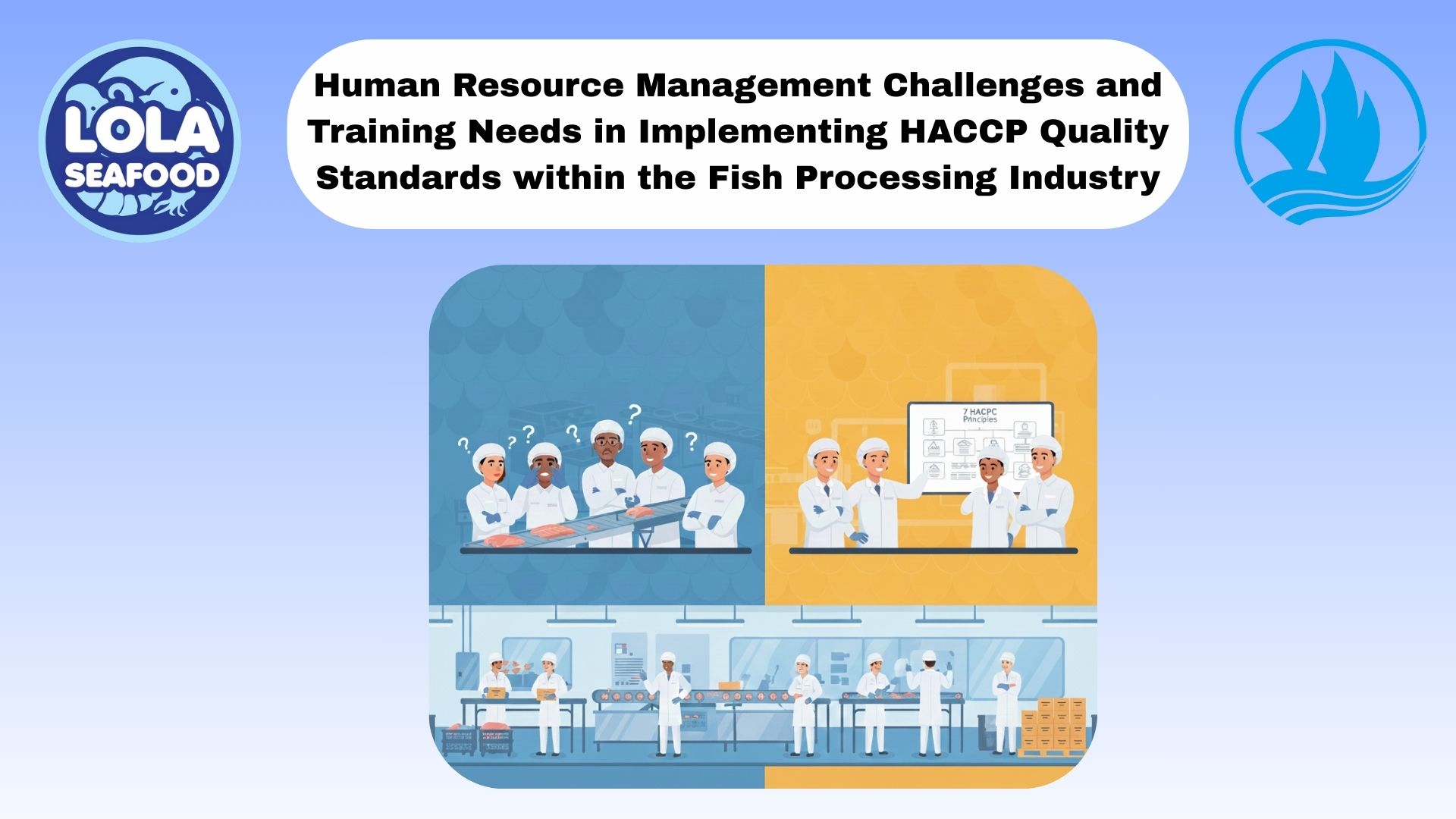Strategies to Manage Unexpected Costs in Export Business
By. Lutfi - 09 Dec 2024
kelolalaut.com Exporting products internationally can be highly profitable, but unforeseen expenses can disrupt even the most well-planned operations. From customs duties to storage fees, these hidden costs can eat into your profit margins if you’re not prepared. So, how can you effectively manage these unexpected expenses? Here’s a guide to help you stay on top of your export finances.
1. Understand Common Unexpected Costs
Before you can manage unexpected expenses, you need to know where they might come from. Common examples include:
- Customs and Tariffs: Changes in trade agreements or regulations can lead to sudden increases in duties.
- Demurrage Fees: Extra charges for delays in unloading goods at the port.
- Penalties for Documentation Errors: Mistakes in shipping or customs documents can result in hefty fines.
- Currency Fluctuations: Exchange rate changes can affect the final payment amount.
Being aware of these potential costs is the first step in creating a solid financial strategy.
2. Build a Contingency Fund
Every export business should have a financial buffer to cover unexpected costs. Here’s how to set one up:
- Allocate a percentage of each transaction’s revenue to the fund.
- Review historical data to estimate potential unforeseen expenses.
- Regularly adjust the fund based on changes in market conditions.
A well-maintained contingency fund acts as your safety net, ensuring that sudden costs don’t derail operations.
3. Invest in Insurance
Insurance can save your business from significant losses. Consider these types:
- Cargo Insurance: Protects goods in transit from damage or loss.
- Export Credit Insurance: Shields you from the risk of buyer non-payment.
- Liability Insurance: Covers potential legal costs or penalties.
The right insurance coverage not only mitigates risks but also provides peace of mind during international transactions.
4. Optimize Your Supply Chain
Efficient supply chain management can minimize delays and reduce costs. Strategies include:
- Choose Reliable Logistics Partners: Work with trusted shipping companies to avoid delays and additional fees.
- Track Shipments in Real-Time: Use technology to monitor your goods and address issues promptly.
- Negotiate Contracts Carefully: Ensure clear terms regarding responsibilities and penalties.
By streamlining your supply chain, you can prevent unnecessary expenses from inefficiencies.
5. Leverage Technology for Cost Tracking
Modern tools can help you monitor and manage expenses effectively:
- Export Management Software: Track shipping, customs, and associated costs in one platform.
- Currency Risk Management Tools: Lock in favorable exchange rates to minimize fluctuations.
- Automated Alerts: Get notified of potential delays or changes in costs.
Technology not only saves time but also provides data-driven insights for better decision-making.
6. Stay Updated on Trade Regulations
Regulatory changes can lead to unexpected costs, especially with customs duties and taxes. Keep yourself informed by:
- Subscribing to trade newsletters or updates from relevant authorities.
- Consulting with customs brokers or trade consultants.
- Regularly reviewing free trade agreements (FTAs) applicable to your target markets.
Proactive knowledge helps you anticipate and adapt to regulatory changes before they impact your finances.
7. Negotiate with Stakeholders
Effective negotiation can prevent or minimize additional charges:
- Shipping Companies: Negotiate better rates for long-term contracts or bulk shipments.
- Buyers: Discuss shared responsibility for unexpected costs.
- Customs Agents: Seek clarifications on fees to avoid overpaying.
Building strong relationships with stakeholders fosters trust and cooperation, making it easier to address unexpected issues.
Final Thoughts
Unexpected costs are an inevitable part of the export business, but with proper planning and proactive strategies, you can manage them effectively. By understanding potential risks, building a contingency fund, leveraging technology, and staying informed, you can safeguard your profits and ensure smooth operations in international trade.
Remember, being prepared isn’t just about saving money—it’s about protecting the future of your export business.
.jpg)
The Impact of HACCP-Based Integrated Quality Management Programs on the Quality and Competitiveness of Fresh Demersal Fish Products
 and Employee Productivity on the Demersal Fish Processing Floor.jpg)

.jpg)




